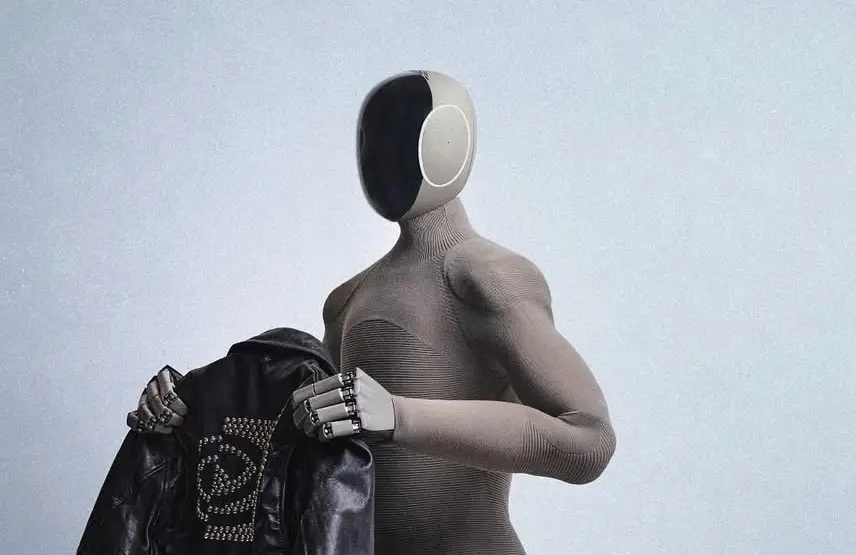Is Neo Robot real? Figure AI’s cleaning new Humanoid Robot claim explored
-
 Neo Robot (Image via Instagram/@1x.technologies)
Neo Robot (Image via Instagram/@1x.technologies)The launch of Neo, a humanoid robot that can do some household chores, has generated both enthusiasm and evidence-based skepticism online. 1X Technologies, an AI and robotics company based in Palo Alto, CA, has unveiled this $20,000 humanoid robot as a major milestone in bringing humanoid-neutral assistants into daily settings.
1X states that Neo is a humanoid companion, which can do everyday tasks like laundry, watering house plants, and even loading a dishwasher. It stands 5 feet 6 inches tall, weighs about 66 pounds, and is made out of lightweight materials known as tendon-driven actuators and 3D lattice polymers.
Neo is powered by Nvidia technology and is equipped with multiple cameras, microphones, and speakers for situational awareness. Preorders opened on October 28 with a price of $20,000 or $499 per month for a subscription, with shipping beginning in 2026.
The 1X Neo is one of the first humanoid robots built for your home and is equipped with full AI software. But a company representative might need to peer into your home, via Neo’s camera eyes, to help get things done.
— The Wall Street Journal (@WSJ) October 28, 2025
Watch the full video: https://t.co/7Yv9c0xSa7 pic.twitter.com/rS03iwjt8oNeo initially seems to fulfill the promise of turning science fiction into reality. Marketing materials featuring video show the robot performing everyday tasks and appearing to move through the home environment with ease. However, reports based on early demonstrations suggest that Neo's degree of autonomy may be less than suggested on the 1X website.
The Neo Robot was supposedly being teleoperated, that is, it was remotely controlled by a human using a virtual reality headset, during one demo. In other words, while the robot can walk to get a bottle of water or load a dishwasher, it does so under human intervention rather than making its own decisions.
More about Neo Robot's limitations, privacy concerns and goals
1X's chief executive officer, Bernt Børnich, has noted this restriction, saying that human operators assist Neo Robot in "learning" tasks and improving its artificial intelligence.
The company refers to this method as a "social contract," and requires that customers consent to set parameters for limited remote access so that 1X technicians can see from the robot's cameras while they help Neo complete some chores.
Therefore, this might raise privacy concerns for owners who must consent to allow some level of human to observe their home in real time. The company believes the 1X experiences are secure and helpful for better training Neo in becoming more autonomous.
Humanoids were long a thing of sci-fi, then they were a thing of research, but today, with the launch of NEO, humanoids become a product.
— Bernt Bornich (@BerntBornich) October 28, 2025
NEO is the first step on a journey towards a more abundant future and we’re excited for you to join us on this journey. Order your NEO today. pic.twitter.com/3vY4soECSvNeo Robot’s ultimate aim is complete autonomy, which will be enabled by what 1X describes as “Redwood AI”, a vision language model specifically built for humanoid robots.
The purpose of this function is to aid Neo in interpreting visual signals and audible commands in progressively higher levels of operational independence. Nevertheless, Neo’s autonomous functions currently appear relegated to a set of limited tasks, such as moving items or interpreting basic voice instructions.
While Neo Robot is an exciting move toward the future of domestic robots, for now, Neo serves more as an assisted hand than an independent housekeeper.
TOPICS: Neo Robot, Bernt Børnich, 1X Technologies, Nvidia, Redwood AI